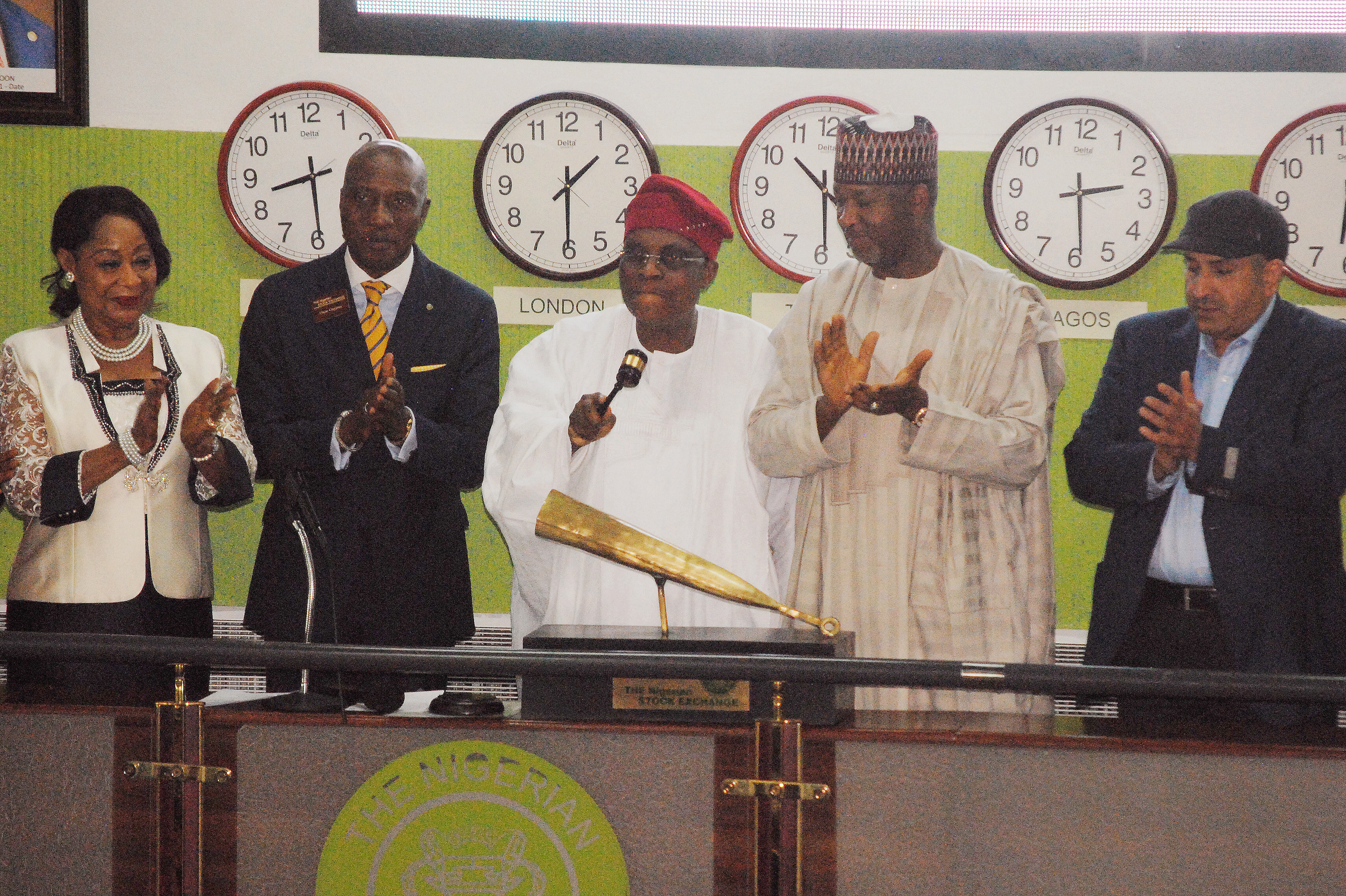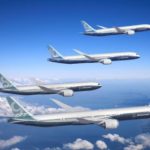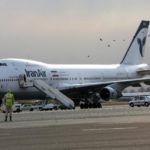
Scarcity of dollars and low value of the naira have prompted Nigerian airlines to see the need to operate regional and international routes. These routes open the door for them to earn foreign currency as many of these countries in West and Central Africa are not hard hit in terms of dollar scarcity like Nigeria and Angola that depend on oil for foreign revenues.
In December last year, Medview Airline started operations to Sierra Leone, Liberia in addition to Accra, Ghana and even plans to also fly to destinations in Central Africa and other international destinations in the Middle East. The airline is already flying to London and Jeddah.
Air Peace, which has successfully operated domestic services, has just announced that it would start operations to Accra, Ghana next week, which would usher it to other international destinations in the West Coast, Central Africa, Europe, Middle East and South Africa.
THISDAY spoke to the Director General of the Nigerian Civil Aviation Authority (NCAA), Captain Muhtar Usman, who said the regulatory authority is giving Nigerian airlines every opportunity and support to operate international routes and reciprocate Bilateral Air Service Agreement (BASA), which Nigeria reached with other countries.
But one of the operators had complained that while Nigeria has BASA with many countries and easily give their airlines clearance to operate into Nigeria, these countries are usually reluctant to certify Nigeria airlines to operate into their own countries because they want to protect their own airlines. This has made it difficult for some of these countries to reciprocate requests by Nigerians airlines to come to operate into their cities despite the fact that their airlines operate many frequencies into Nigeria.
For example, a Nigerian airline had written to Cote D’Ivoire authorities and others in the West Coast requesting to operate to their countries but after several weeks and months there was no reply. He explained: “It was not until we wrote to them again and again and one of the countries replied that they were processing the letter. We should not just give them entry points easily like that; we should protect our own too.”
But the Director General of NCAA said that no airline has reported such case to the authority and assured that NCAA would take drastic action against such country if it were true.
“BASA, Multilateral Air Service Agreement (MASA) and Yamoussoukro Declaration (YD) are aimed at creating African single sky. While you have BASA between two countries, airlines are designated and given entry points and frequencies. But it is still the responsibility of the airline so designated to ensure compliance, meet the safety conditions. Whenever such airline is having undue difficulty such airline should go to NCAA and report. This issue has not been communicated to us officially. NCAA is here to protect Nigerian airlines. Any airline that is having difficulty should contact us and we will ensure that such difficulties are removed,” Captain Usman assured.
It has been projected that over 60 percent of people who travel in the West Coast and Central Africa are Nigerians but Nigerian airlines have not seized the opportunity to play dominantly in this market. When the economic recession hit the airlines last year they almost lost the Accra-Lagos route to small airline, African World Airlines (AWA), which increased its frequency to Lagos and cut down its domestic operations to meet demands of the Lagos route, operating Embraer ERJ 145, where over 80 percent of the passengers are Nigerians doing business in Ghana and other West African countries. But with Arik Air and Medview have kept the Nigerian presence in that route.
Industry experts argue that if Nigerian airlines are well organised they could be generating their foreign currency from the West Coast and Central Africa; “but they must do their homework well; because if AWA has bigger aircraft they could have taken over the Lagos-Ghana route”, an expert enthused.
The Director General of NCAA pointed out issues obstructing smooth operation of airlines in the country and how the agency is resolving the problem. He also noted that the airlines must abide by regulation and should penalise the airlines whenever they infringe on these regulations and must never compromise on the rules.
“We want to ensure that safety, security and facilitation are enhanced and all hands are on deck to ensure there is minimum inconvenience to the passengers at our airports.
On the closure of airports, which limits hours of operation by Nigerian airlines, the Director General said there is no airport in the world that do not have operational time, even if it operates for 24 hours. He urged airlines to schedule their flight time to dovetail with the operation time of each airport, noting that as power supply improves more airports would extend their operation time.
“There is no airport in the world that do not have hours of operations; even if it operates 24 hours a day, it still specifies hours of operations. But operating in the nights offers more challenges. You must have the right personnel to work and ensure safety and security; you must have the right equipment to facilitate the operation. So when all these are not available then airlines must schedule their operation to ensure that adequate provisions are made for their landing and take- off,” Usman said.
He said that it is expected that Nigerian airlines will have a new lease, as plans are being made to ensure adequate supply of aviation fuel, adding that the government is helping the airlines to also operate international routes and earn the highly sought after foreign exchange.
THISDAY






